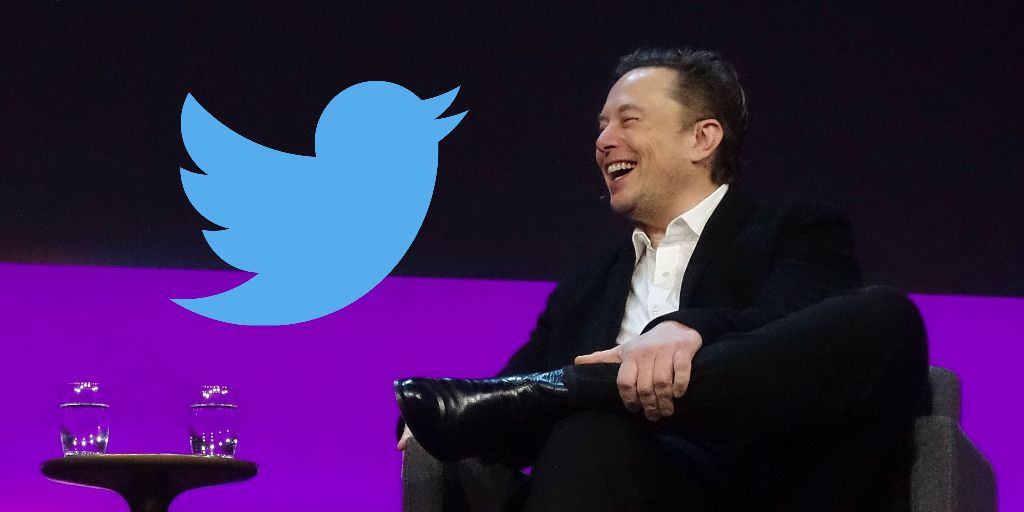Europe's Digital Services Act May Tie Musk's Hands At Twitter
Justin Hendrix / Apr 25, 2022In a $44 billion deal pricing the company’s stock at $54.20 a share, a premium of 38% over the company’s current price, billionaire Elon Musk is set to purchase the social media platform Twitter. The cofounder of companies such as Tesla, SpaceX, Neuralink and The Boring Company, Musk is considered the richest person in the world, with a net worth approaching $300 billion.
Musk has big plans for the site, a favorite for journalists and political elites, which he believes can be improved by focusing on free speech. “Free speech is the bedrock of a functioning democracy, and Twitter is the digital town square where matters vital to the future of humanity are debated,” Musk said in a statement. Some observers expect him to restore former President Donald Trump’s account, for instance, which was suspended after Trump praised the insurrectionists at the U.S. Capitol on January 6, 2021.
But while it may seem like the biggest news in the social media sector in months, Musk may well find his hands are somewhat tied by new regulations agreed in Europe less than 72 hours before his purchase of Twitter was announced. The Digital Services Act (DSA) is Europe’s answer to how to regulate social media firms. Though Musk will have plenty of latitude to add an edit button or change any number of other features or commercial strategies at the company, he will soon have to comply with the DSA if he doesn’t intend to spend his time tangling with regulators in Brussels.
“Despite what Musk may want, Twitter will have to self-evaluate for these systemic risks and work to mitigate them,” said Alex Engler, a Fellow at Brookings Institution. “Otherwise, Twitter will risk being caught by the required auditors or independent researchers, and fined by the European Commission.”
How might the DSA tie his hands? For starters, the DSA will require social media platforms to conduct risk assessments and monitor the spread of harmful content on their sites. If Musk makes changes that increase the amount of illegal content on Twitter, he may be fined or even banned from operating the platform in Europe, as Adam Satariano notes in the New York Times. Such fines can balloon up to 6% of global revenue, which would amount to $300 million on Twitter’s $5 billion in total 2021 revenues.
Online platforms will also be required under the DSA to provide a mechanism for trusted organizations to flag harmful content, and to establish a complaints procedure for those that wish to challenge moderation decisions. So even if Musk may wish to make Twitter more free-wheeling, it may need to maintain a more judicial approach to satisfy the DSA.
And while Musk may seek to grow the company’s advertising business, he will also have to do so in the context of new restrictions on targeted advertising. The European Parliament has announced that the final agreement on these matters includes “additional bans on targeted advertising for minors as well as targeting based on sensitive data.”
The DSA won’t change everything. The company will be required to open itself up to the scrutiny of independent researchers and government regulators, providing access to data. But this may affect Twitter less than other platforms- it already provides fairly generous researcher access. It will also need to provide more transparency on the function of its algorithms, but that requirement may in fact align with Musk’s goals– he noted in his statement that he intends to make “the algorithms open source to increase trust,” for instance.
Musks’ purchase of Twitter may take as long as six months to close. By then, the DSA will likely have formally passed and be in effect for the largest platforms, of which Twitter is one. A new Silicon Valley Space Cowboy may have entered the business, but the social media Wild West may well be a thing of the past, at least when it comes to Europe.
“In these online saloons, there's a new sheriff in town,” said Engler.
Authors

